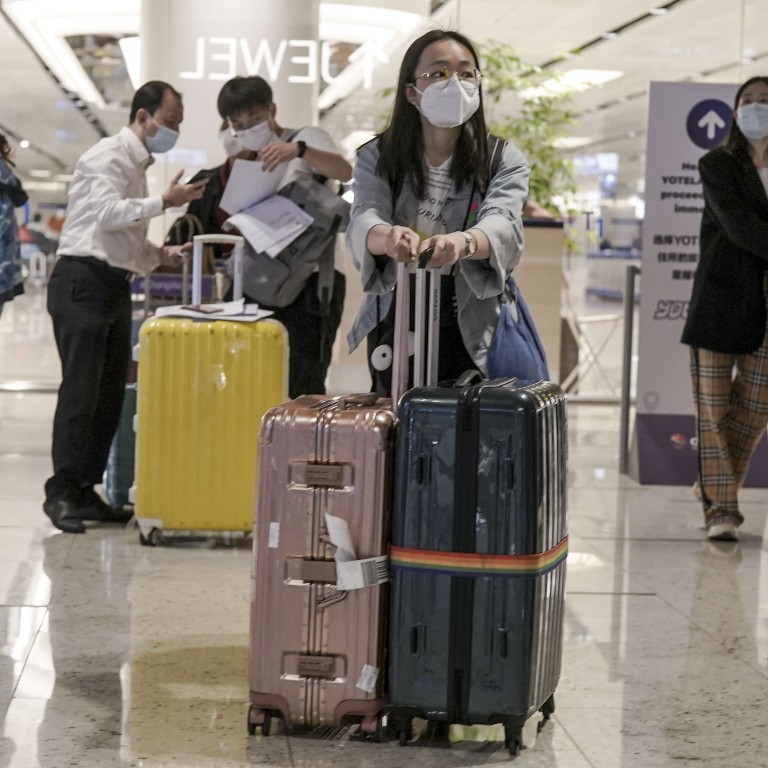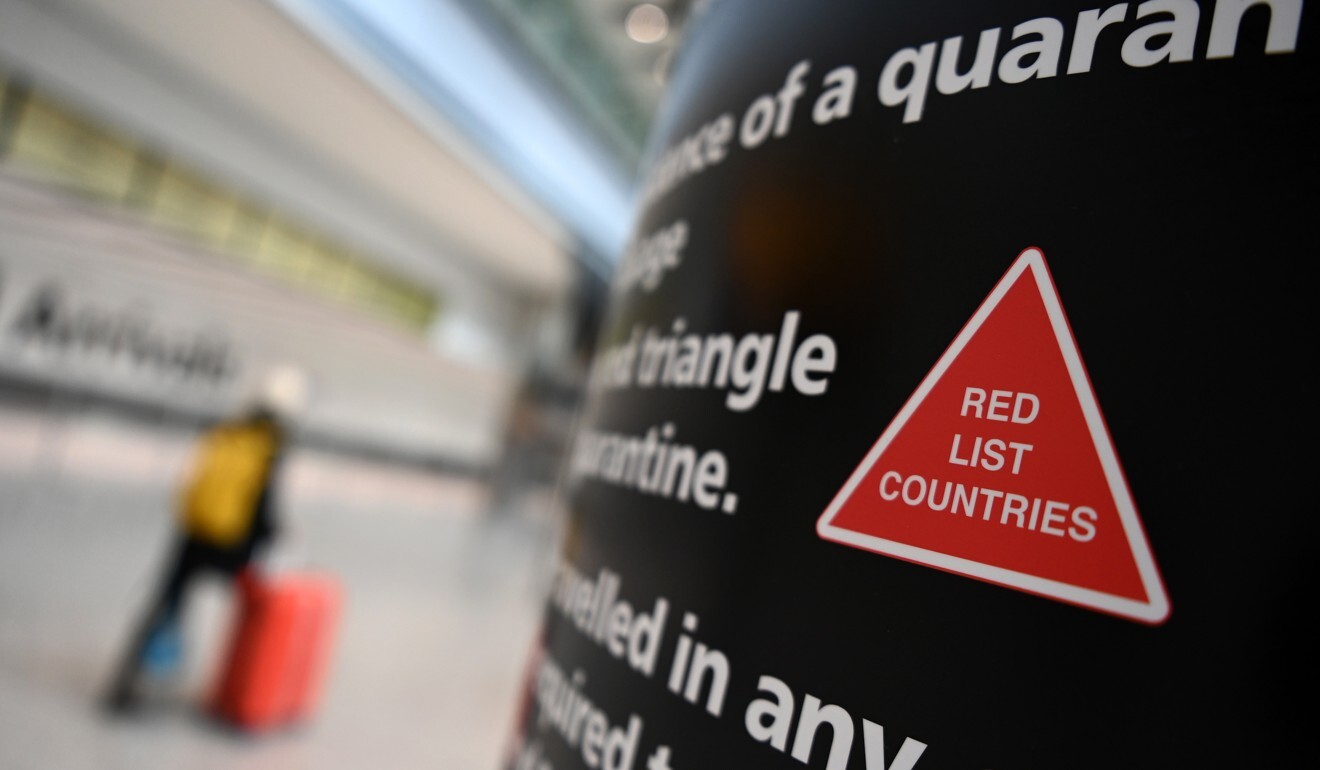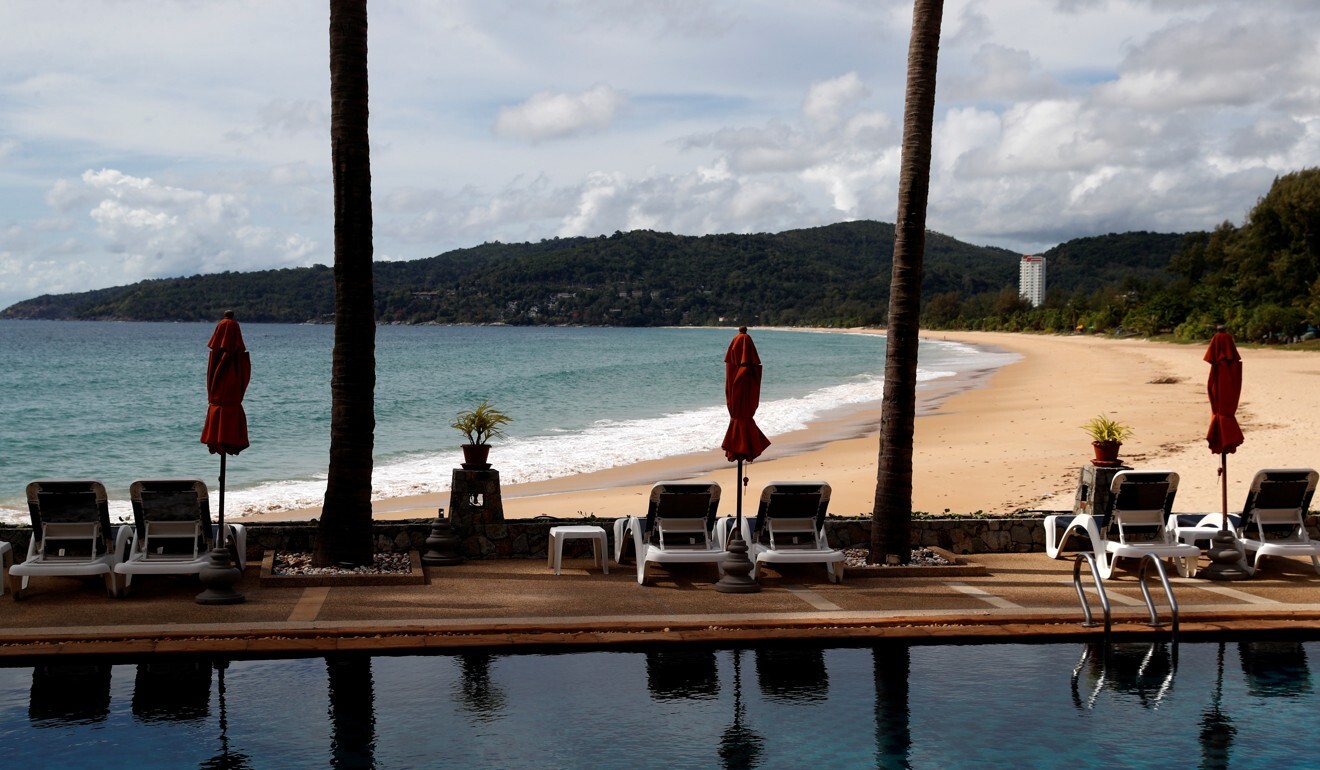
Explainer | Why Singapore moved to 21-day hotel quarantine – and a look at the countries with the longest, shortest and ‘most relaxing’ self-isolation requirements
- Singapore joined Hong Kong in having one of the world’s longest quarantine periods amid concerns about the incubation period of Covid-19 variants
- Most countries stipulate two weeks, but some like Costa Rica don’t have quarantine, and others like the Maldives just require a negative test
Singapore imposes 21-day quarantine on most travellers, closes gyms
Teo Yik Ying, dean of the National University of Singapore’s Saw Swee Hock School of Public Health, added that some of these cases were travellers who had arrived from areas that have “uncontrolled community infections”, dominated by virus variants including India’s B1617 “double-mutant” strain.
“These variants appear to be much more transmissible, where the standard public health measures may not provide adequate protection from being infected,” he said. “As such, Singapore increased the quarantine period to reduce the risk of further infection spillover to the community.”
Teo suggested that governments take a risk-based approach to determine the appropriate border control measures, adding that countries had different Covid-19 strategies. While some like Australia and New Zealand were working towards eliminating it, most of the other countries aimed to suppress the virus.
“With an elimination strategy, there is generally zero tolerance and very harsh border control measures are likely to be enacted, whereas a suppression strategy aims to minimise the impact of Covid-19 while allowing the majority of social and economic activities to continue,” he said.
This Week In Asia takes a look at other quarantine periods imposed by governments around the world, from the harshest to the ones that could even feel like a walk in the park.
21-DAY COMPULSORY CONFINEMENT
Hong Kong’s 21-day quarantine policy was announced in late December last year, amid the emergence of new variants of the coronavirus.
It was not until April that authorities loosened the restrictions, allowing travellers from lower-risk countries, namely Singapore, New Zealand and Australia, to serve two weeks of quarantine at a designated facility, followed by seven days of self-monitoring.
Hong Kong experts warn mutated Covid-19 strain could be spreading
For example, the capital Beijing requires arrivals to clock at least 21 days – seven more days than the mandatory quarantine period – in the mainland before they are allowed to roam the city.
Vietnam monitors border, will do ‘house by house’ patrols as cases spike
There are harsh penalties for travellers who flout quarantine rules. In Singapore, for example, breaching quarantine orders could result in a six-month jail term or a maximum fine of S$10,000 (US$7,400) or both. For Hong Kong, the maximum penalty is a HK$25,000 (US$3,200) fine and six months in jail.
SHORT ISOLATION TO NO QUARANTINE
Most countries around the world require inbound travellers to serve a mandatory two-week quarantine, with some governments permitting individuals to do so at home and others at designated places like hotels.
Certain countries have shorter quarantine periods, like the United Arab Emirates, which requires vaccinated tourists to quarantine for five days, and non-vaccinated travellers to isolate for 10 days.
Maldives welcomes rich Indians even as others ban flights amid brutal wave
Some countries have done away with compulsory quarantine completely. Costa Rica’s official tourism website states that travellers would not need to be quarantined or even test negative for the virus.

QUARANTINE WITH SOME FREEDOM
According to the New Zealand health ministry, those undergoing self-isolation can go for a walk or run or ride their bikes, as long as they are not symptomatic and are socially distanced from others.
New Zealand pauses travel bubble with Western Australia
But visitors still have the option of spending their two-week quarantine luxuriously on a yacht, in a fresh bid to attract yacht travellers to the Southeast Asian country. Travellers could also serve their compulsory quarantine at a private villa or bungalow. Thailand is aiming to make entry to Phuket, Krabi, Phang Nga, Koh Samui, Pattaya and Chiang Mai quarantine-free for vaccinated travellers from July 1.

HOW ABOUT OTHER COUNTRIES?
Those arriving in Taiwan would also need to stay 14 days at either an approved hotel, a government quarantine facility or a suitable residence.
Nine Japanese governors want option to scrap Olympics amid virus surge
Nearby, for those entering Malaysia, a seven or 10-day quarantine is required. Those that fall into the first category are those who present a negative test result.
Note: this explainer is not exhaustive and these travel regulations are subject to change at any time.

